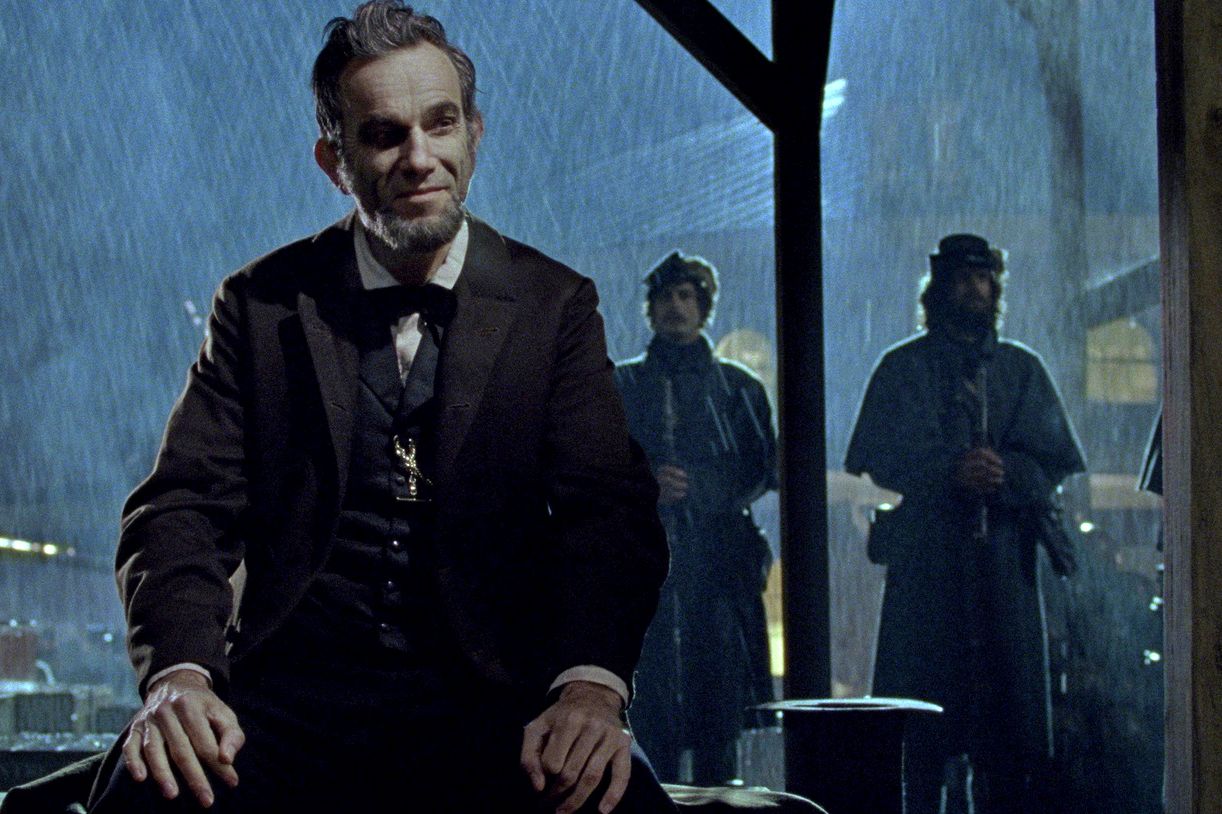“I didn’t want to go anywhere near that”: Steven Spielberg Wanted to Avoid One Risky Scene From Daniel Day Lewis’ Oscar Winning Movie ‘Lincoln’
Steven Spielberg, an American film director, producer, and screenwriter, is said to be the pioneer of modern Hollywood blockbusters. He has made many commercially successful movies as a director, and Lincoln, an Oscar-nominated film, is known to be one of his most highly acclaimed projects. However, at times, even the most acclaimed can have a difference of opinion with the team members or the public, just like Spielberg’s opinion differs from Samuel L. Jackson’s.
Jackson doesn’t seem to be afraid of speaking his mind. So, his comments stating Spielberg, as a filmmaker, might have dropped balls at the end of Lincoln shouldn’t come as any surprise. But then again, in the end, what matters is that the story was liked by the audience, and Lincoln surely was.

Steven Spielberg Purposefully Avoided a Scene in Lincoln
Steven Spielberg made a conscious decision. He didn’t wish to show the shooting of Lincoln in his feature film. For the Jaws director, it was one part where he didn’t face any problems to omit from the movie or, rather, the story of Lincoln.

Spielberg once told Collider:
“The decision was a pretty easy one to make. Had we taken it right up to the assassination, the film would’ve, for the first time, become exploitation. And I didn’t want to go anywhere near that.”
The Lincoln director didn’t even agree with the notion of calling the movie a biopic. He explained his point of view to Collider, saying:
“That’s a very scary word, especially when you’re dealing with the history. And nothing could be gained by showing that. It was more profound for me to see what happened. It had nothing to do with cinema. It just had to do with not wanting to exploit the assassination, which has been depicted in other films, ad nauseam.”
Spielberg refers to the movie as the Lincoln portrait, one of the many paintings that could have been drawn to depict the events of the president’s life. He wanted to stay true to the story and he believed that showing Lincoln’s assassination could have deviated the movie’s focus.
Samuel L. Jackson’s Opinion Differed From Steven Spielberg’s

Spielberg faced a lot of difficulties when making the decision on which part of Abraham Lincoln’s life he should cover. He toyed with focusing on different sections of the history and finally came around to the civil war. However, including Lincoln and the civil war in the same story would make it too big.
It was after Spielberg, along with Tony Kushner, Lincoln’s screenwriter, worked on the story that the perfect piece from Lincoln’s history was there to adapt. Despite all this hard work, Samuel L. Jackson seemed to have an opinion on the end of the story.
According to Jackson, the ending was messed up. While talking with the LA Times, he said:
“I don’t understand why it didn’t just end when Lincoln is walking down the hall and the butler gives him his hat. Why did I need to see him dying on the bed?”
The Marvel star believes the true conclusion of the movie came around even before Lincoln was actually on the deathbed. For him, the movie had a better ending 10 minutes before the actual end. Despite the differences between Spielberg’s and Jackson’s opinions, the movie was well-received and it managed to convey the intended message.





